-->
Sue and I talked recently, in the
way we do these days, by email.
RMB:
Sue, would you say a little about writing these three stories — the time, place,
and any anecdotes associated with each?
SW:
I think that seeds for stories drop into the imagination all the time.
Sometimes I’m aware of this, and sometimes I’m oblivious – until one day,
seemingly from nowhere, the story emerges. ‘Standard Roses’ comes into this
second category. It was written in fits and starts. I kept going back to it,
and for a long time nothing much evolved. One day, as if I had earned her trust
with my patience, the protagonist started to speak. She told me, in one big
blurt, everything I needed to write the story.
One seed for ‘The Happiest Music on Earth’ was
the merry-go-round at Sydney’s Luna Park, which charmed me. Sort of. Beneath my
enchantment there lurked an opposing feeling, very faint (I would have denied
it on the day), but nevertheless a sense that there was also something sinister
about it. In retrospect, that was the necessary second seed that sparked the
story.
‘Icy Noctiluca’ is seeded in historical fact.
Hennig Brannig did discover phosphorus in 1669 by boiling putrefied urine in a
search for gold, a process that did stink. He was one of a new breed of
alchemists, beginning to think in a revolutionary – scientific – way about the
composition of the natural world. Others pondered phenomena such as luminosity.
What was its essential element? It was thought that a substance called
phlogiston was responsible for fire, but nobody had ever isolated it. Thus
there was much interest in cases such as the one I read about in a 1747 edition
of the London-based Gentleman’s Magazine:
a maid with sparking petticoats (the hottest maid her lady employer had ever
shared a bed with). Gentlemen travelled from far and wide, said the article, to
examine this phenomenon. In the name of science, you understand.
RMB:
Are there writers whose work or way-of-being you draw on for encouragement or
inspiration?
SW:
Recently I read some early stories by Mavis Gallant. I marveled
at the astute character observations in her work. So confident so young! Alice Munro – I’ve just
read her latest collection – always carries me off to Canada, from where I
return deeply affected by my stay.
Marilynne
Robinson’s novels are lodestones for their beautiful, measured language,
and the deeply integrated crafting of her fictional worlds. There are no lazy
observations in these writers’ works, and I bet there have been no short cuts
to the finished product either. Contemplate, they seem to say. But also: concentrate,
continue, and complete.
RMB:
What are your current challenges?
SW:
As always, abiding by the mantra above. The contemplation part is easy,
especially idle contemplation (my favourite). Concentrating, continuing and
completing – much harder.
RMB: Current
delight?
SW:
Writing poetry, after a long muse-less spell.
RMB:
Hooray! What's up ahead for your work in 2013?
SW:2013 is the Year of the Novel. I am already carbohydrate loading.
 |
| Sue Wootton Photo by Doug Lilly |
| RMB: (What's this box? I have no idea but I can't get rid of it either.) I'm hoping to release The Happiest Music on Earth before Christmas but not all factors are in my hands — I'll keep you filled in. |


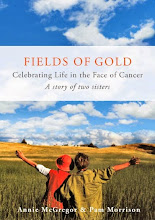
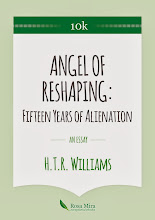
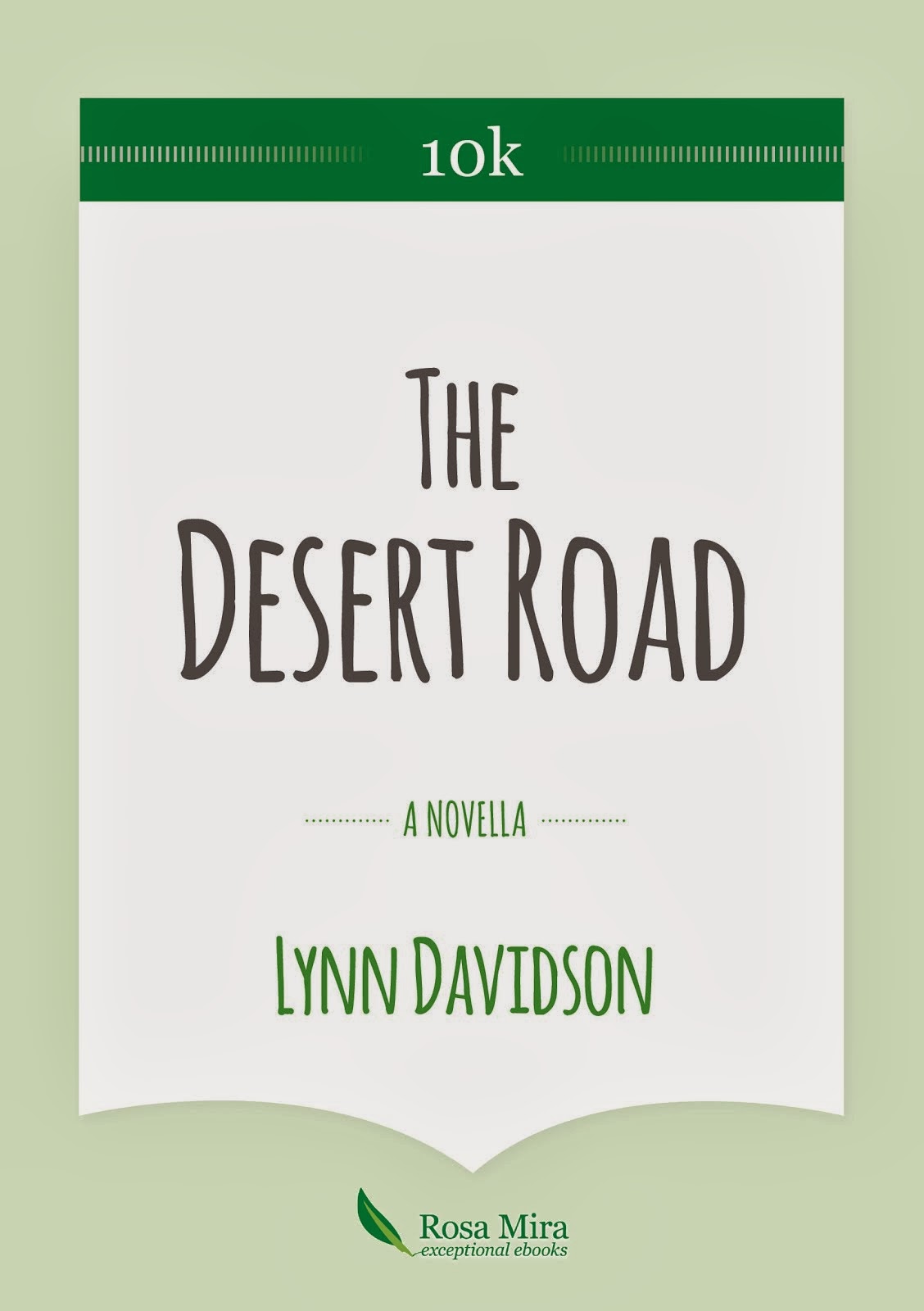
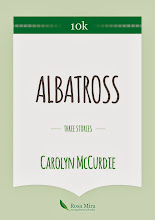
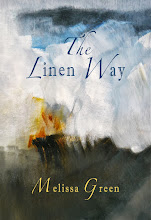





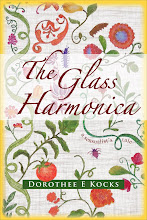






No comments:
Post a Comment